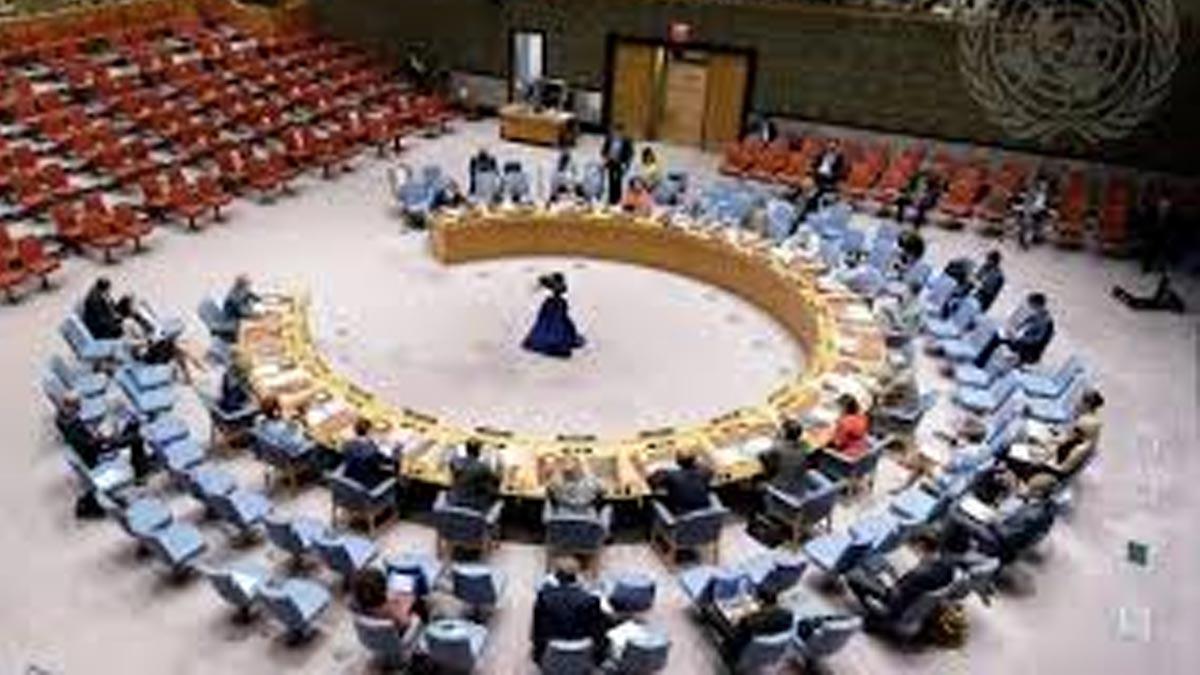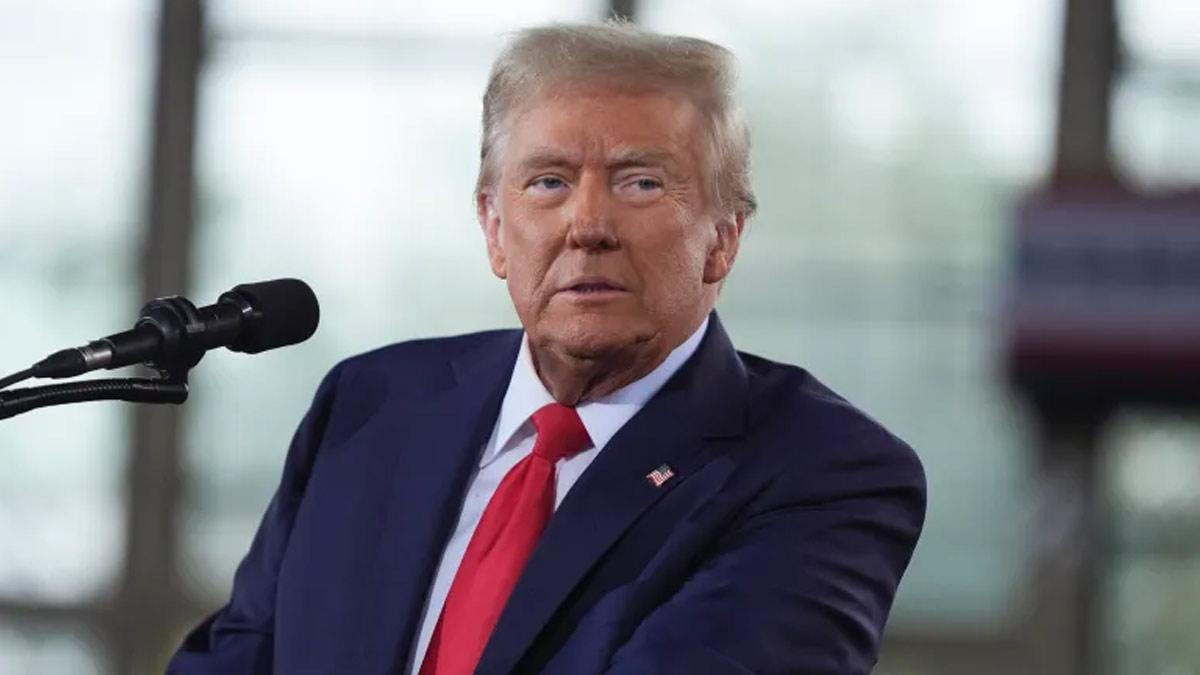At its latest UN Security Council session addressing sea security and seaborne terrorism, Pakistan strayed from agenda topics by bringing up the issue of the Indus waters — a step most widely interpreted as an extension of its long-standing obsession with India, irrespective of circumstance.
In his address, Pakistan's Permanent Representative Asim Iftikhar Ahmad avoided mentioning India by name, but blamed "one major country" of trying to "usurp and weaponise shared natural resources — including transboundary rivers" in "flagrant breach of treaty obligations."
The diplomatic hint was a clear reference to India's suspension of the Indus Waters Treaty after the horrific Pahalgam massacre last month, where 26 civilians were brutally murdered by The Resistance Front, a terrorist group based out of and backed by Pakistan.
India, invoking national security interests, put the treaty — which deals with sharing of the Indus system water between both nations — into abeyance. Ahmad, obviously angered at the move, accused India of "geography leveraging" against Pakistan, the lower riparian state.
India's Permanent Representative P. Harish remained silent in response to these allegations, instead brushing the comments aside in silence — a diplomatic nicety that signifies contempt or irrelevance.
Ahmad also voiced irritation at Pakistan's exclusion from the Indian Ocean Rim Association (IORA), a 23-member bloc addressing maritime cooperation and a strong opposition to terrorism. Without directly mentioning India, he grumbled against "coercive diplomacy" and "systematic exclusion" from regional maritime security forums. India, however, has been opposed to Pakistan's membership in IORA on account of its suspected ties with terrorism.
Making a dig at India's naval strength, Ahmad also attacked what he referred to as "aggressive naval expansion" by the unidentified nation. Meanwhile, Pakistan, which does not possess resources that could permit an equally sized navy and depends significantly on Chinese and Turkish military aid, appeared to cast this in regional terms.
Overall, Pakistan's effort at diverting attention from maritime terrorism to river disputes and its complaints about exclusion in the region was widely viewed as a deflection strategy — one that had been successfully undercut by India's refusal to give it much of an answer.
Read also| Macron's Snub of Bangladesh’s Yunus Leads to Trip Cancellation
Read also| Iran Warns Nuclear Talks Will Collapse If US Demands Complete Halt to Enrichment


















